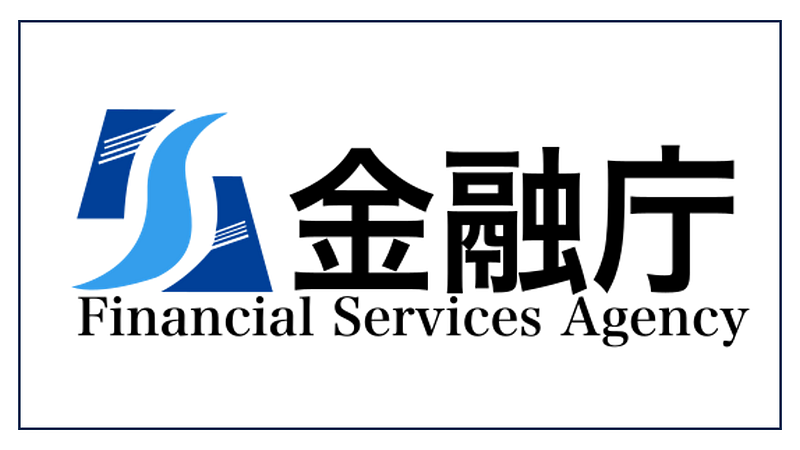Meeting minutes of the first meeting of the FSC’s “Working Group on Fund Settlement Systems”
The first meeting of the Financial System Council’s “Working Group on Fund Settlement Systems” was held on September 25, 2024. We had…

The first meeting of the Financial System Council’s “Working Group on Fund Settlement Systems” was held on September 25, 2024. We had previously reported on the secretariat’s explanatory materials which outline the background, discussion points, and reference materials for the working group. The FSA has now released the official minutes from the meeting, which are summarized below.
Introduction of Discussion Points
Secretariat member Miura provided an overview of the current state of the financial services landscape in Japan and the six key topics for discussion:
Refund Procedures for Funds Held by Fund Transfer Service Providers
- Cashless payments are rapidly becoming a crucial part of daily life in Japan.
- Under the Payment Services Act, the refund procedure for user funds in case of a fund transfer service provider’s bankruptcy requires a minimum of 170 days.
- Discussion is needed to explore other options, such as direct refunds from banks or trust companies to users, for faster refunds while considering overall impact on the system.
Cross-border Payment Collection Agency Services
- Cross-border payment collection agency services are emerging, facilitating cross-border fund transfers for various purposes.
- Unlike domestic transfers, cross-border transactions carry higher risks, such as delays due to the use of foreign remittance systems and legal/regulatory differences.
- Discussion should address whether regulations on foreign exchange transactions should be applied to such services.
Responding to Bankruptcy of Cryptocurrency Exchange Businesses Handling Only Spot Transactions
- While the scale of stablecoins is expanding rapidly, the market for cryptocurrency exchanges remains significant.
- In the event of bankruptcy of an exchange handling only spot transactions, Japanese authorities cannot currently issue domestic asset retention orders.
- Discussion is necessary to explore regulatory measures to prevent the outflow of crypto assets held by users in case of business failures.
Investment of Funds Backing Issuance of Stablecoins
- Stablecoin market is growing, with specific trust beneficiary type stablecoins gaining traction in Japan.
- Currently, Japan only permits the management of 100% of the issuance equivalent of stablecoins in demand deposits.
- Considering international trends where investments in assets other than deposits are permitted under certain conditions, discussions should explore future directions for the management of funds backing stablecoins in Japan.
Regulation of Intermediary Payment Services
- Intermediary payment services take on various forms, making it challenging to determine applicable legal frameworks in some cases.
- Examples such as payroll advance services and invoice payment agency services raise questions about their classification under existing laws like the Money Lending Business Act and the Payment Services Act.
- Discussions should aim to clarify the relationship between such services and existing financial services like lending and money transfers.
Participation of Foreign Financial Institutions in Syndicated Loans
- While foreign-currency denominated syndicated loans serve as a viable fundraising option for Japanese businesses, current regulations require foreign financial institutions to establish a branch office in Japan to participate in such loans.
- This requirement can be a significant barrier for foreign institutions.
- Discussions are needed to review the current regulations and consider the balance between regulatory burden and the benefits for Japanese businesses.
Key Opinions and Comments from Members and Observers
Following the secretariat’s explanation, members and observers shared their insights and concerns:
- Clarification and predictability in the scope of regulations: Several members emphasized the need for clear definitions and boundaries regarding regulated entities and services to ensure predictability for both consumers and businesses.
- Focus on user protection and financial stability: Many highlighted the paramount importance of protecting users and ensuring the stability of the financial system while promoting innovation.
- Need for a balanced approach: Several members stressed the importance of striking a balance between promoting innovation and mitigating risks associated with new financial services.
- Thorough analysis of existing regulations: Members highlighted the need to carefully analyze the existing regulatory framework and identify specific areas for improvement or modification.
- Consideration for international trends and best practices: Many members emphasized the importance of learning from international experiences and aligning with global best practices where appropriate.
- Addressing the issue of intermediary payment services: Several members raised concerns about potential risks associated with intermediary payment services and called for a thorough examination of their legal classification and appropriate regulatory measures.
- Need for a global perspective on cross-border payment services: Several members pointed out the importance of international cooperation and coordination in regulating cross-border payments effectively.
Next Steps
- The secretariat will schedule the next meeting date based on members’ availability and notify them accordingly.
- Further discussions will delve deeper into each topic, with the aim of formulating concrete proposals for regulatory changes.
Overall Impression
The first meeting of the working group successfully laid out the key discussion points and elicited valuable insights from members and observers. The discussions highlighted the rapid evolution of the financial services landscape and the need for a balanced and forward-looking approach to regulation. While acknowledging the importance of user protection and financial stability, members recognized the need to avoid stifling innovation and creating unnecessary barriers to entry for new businesses. The upcoming meetings are expected to delve deeper into each topic, exploring potential solutions and paving the way for a more robust and adaptable regulatory framework for the future of financial services in Japan.
Please follow us to read more about Finance & FinTech in Japan, like hundreds of readers do every day. We invite you to also register for our short weekly digest, the “Japan FinTech Observer”, on Medium, on LinkedIn, or on Substack.
We also provide a daily short-form Japan FinTech Observer news podcast, available via its Podcast Page. Our global Finance & FinTech Podcast, “eXponential Finance” is available through its own LinkedIn newsletter, or via its Podcast Page.
Should you live in Tokyo, or just pass through, please also join our meetup. In any case, our YouTube channel and LinkedIn page are there for you as well.




